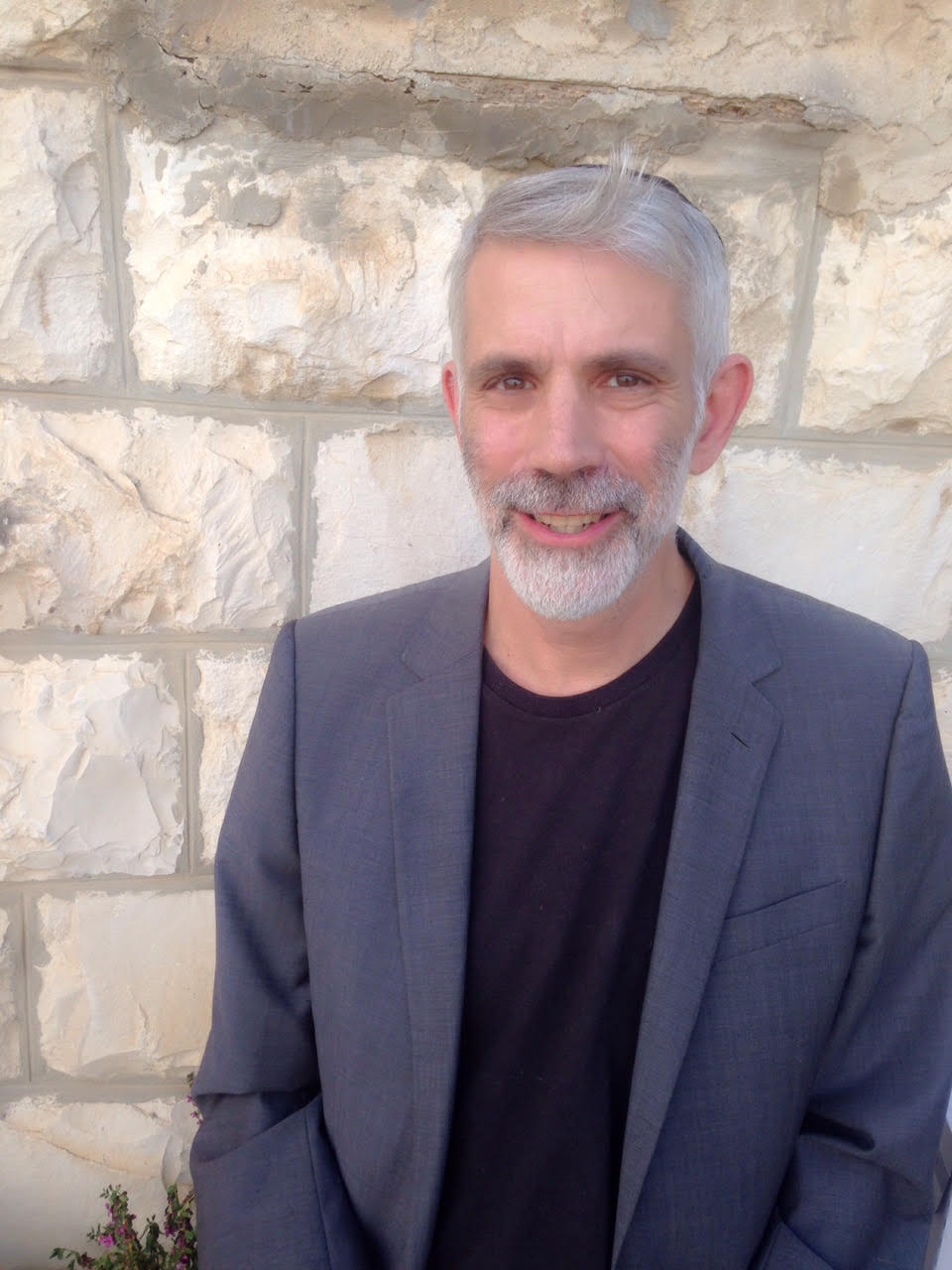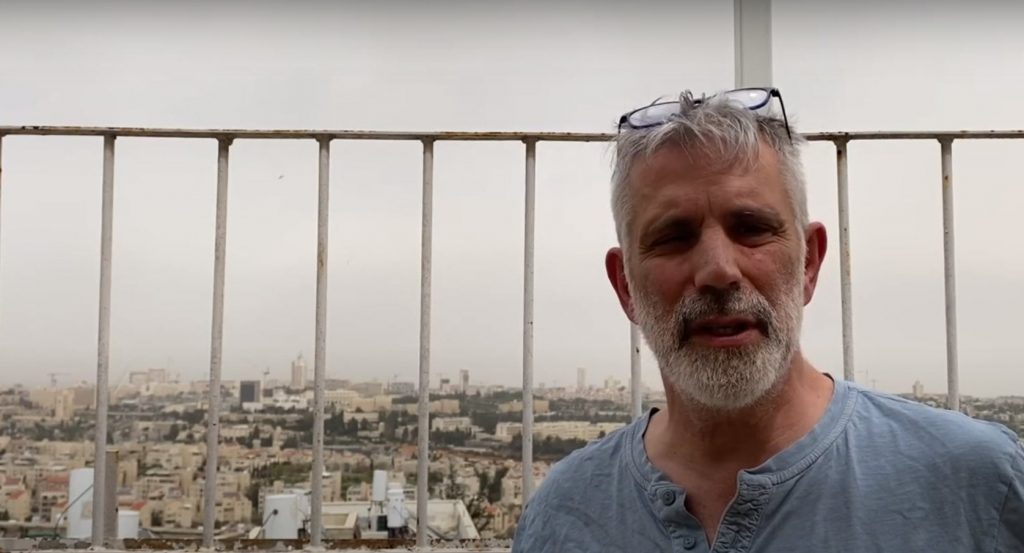 Prof. William Kolbrener has taught in Bar-Ilan University’s English Department since 1994.
Prof. William Kolbrener has taught in Bar-Ilan University’s English Department since 1994.
He has lectured and written on topics ranging from Homer to Milton, from Plato and Aristotle to the Quantum Revolution, as well as on Judaism and psychoanalysis. He has written books on John Milton, Mary Astell, and Joseph Soloveitchik. His upcoming book, Literature and the Sacred: Reading in a Time of Pandemic, shows the persistent value of the Humanities in this time of global uncertainty.
Prof. Kolbrener, born in Roslyn, New York, received his PhD from the Department of English and Comparative Literature at Columbia University in 1993. His Erasmus+ exchange experience took place in Budapest, Hungary, in the spring of 2018.
Prof. William Kolbrener Shares his Thoughts about Erasmus+
Having studied English Literature at Columbia University in the US and Oxford in the UK, I came to Bar-Ilan University’s English Department in Israel with a deep sense of the cosmopolitan nature of the western literary tradition. Indeed, I bring the sensibilities of the different places I have lived together in my academic work. My work focuses on the great writers of the Western tradition, Shakespeare and John Milton, the author of the great Christian epic Paradise Lost, as well as on the Talmudic rabbis. I had the privilege of sharing my work – in undergraduate classes, graduate workshops, and lectures open to the university committee – at various great institutions in Eastern Europe including Budapest (Hungary), Iași (Romania), and Olomouc (Czech Republic).
In this time of global strife, conflict, and crisis, an abiding memory of my time teaching for the Erasmus+ program was the shared sense of enthusiasm for the works we studied together. Eastern Orthodoxy is a far distance from Milton’s English Puritanism, but his revolutionary poetry still speaks to students in Eastern and Central Europe – and not just as an antiquarian object of study, but as an inspiration for all of us seeking freedom and autonomy today.
Not only Milton and Shakespeare resonated. In Budapest, Hungary, I was hosted by the Pázmány Péter Catholic University during my Erasmus+ program exchange. With their support, I also lectured to the graduate divinity school of the neighboring Károli Gáspár University of the Reformed Church on Talmudic interpretation and pluralism. I gave the lecture in English with original Hebrew citations, which were simultaneously translated by a Hungarian scholar with expertise in the apostle Paul.

Prof. William Kolbrener in Jerusalem
By the end of class, the lecture had turned into a dialogue between me and the Paul scholar, with the students and scholar participants all joining in the conversation. Talk about intercultural dialogue! The conversations from these classes – another crucial part of the Erasmus experience – continued afterward in student centers, bars, and the homes of welcoming scholars.
The experience was unforgettable for me, as I am sure it was for the many who joined in the conversations. Such transformative dialogue and the cultivation of the common awareness of our European heritage were only made possible through Erasmus! I think the continuation of this program – especially Israel’s participation – is more important than ever today!
Contact Us for More Info
Leave your details and we’ll get back to you soon

